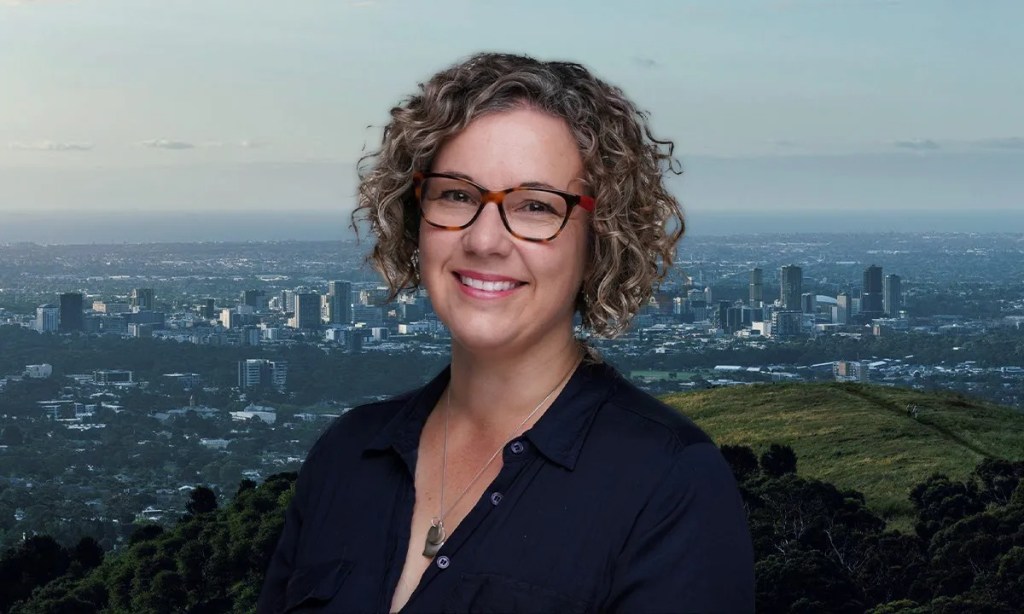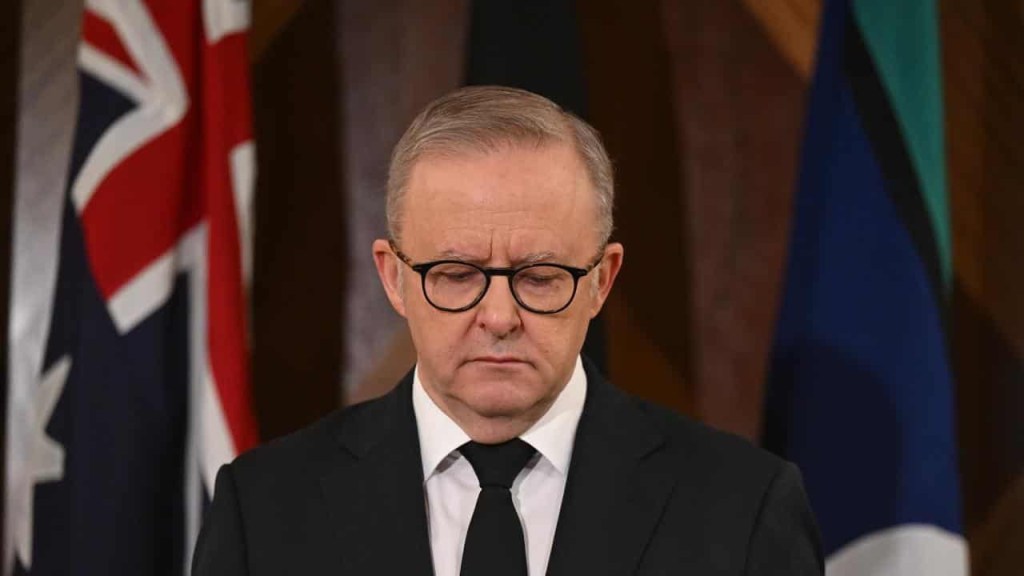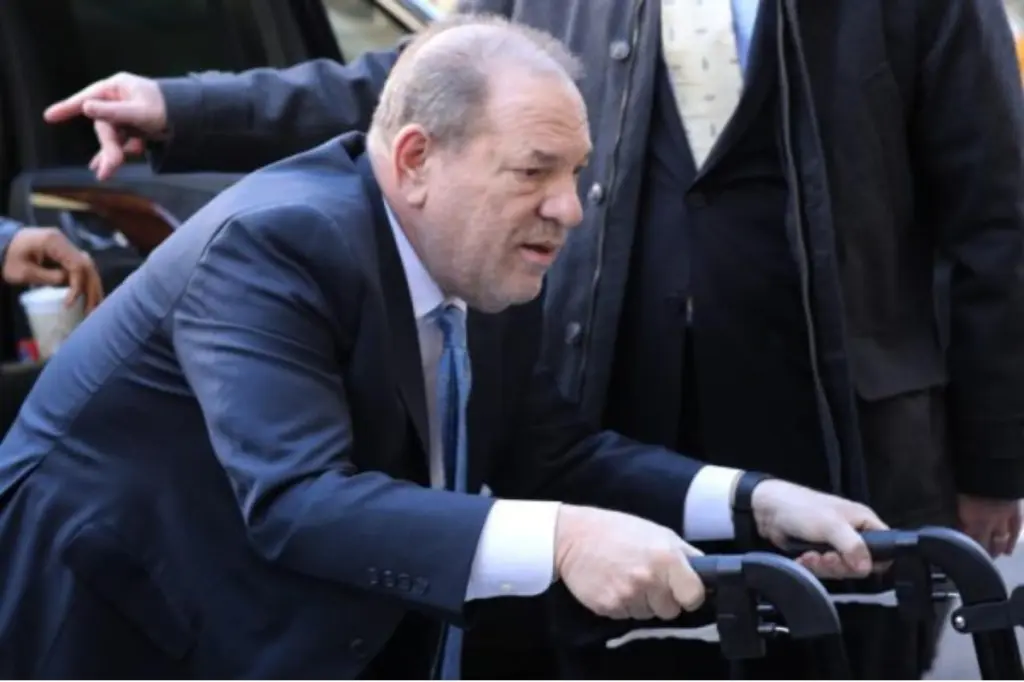Mental health commissioner to ‘drive change’ in SA
South Australia has appointed its first full-time mental health commissioner since 2019, with the government acknowledging the previous system of part-time officials didn’t work well.

Taimi Allan will relocate from New Zealand to South Australia in October to assist the government in fixing issues with the state’s mental health services.
The role was previously split between John Mannion, Heather Nowak and David Kelly on a part-time basis, but Health Minister Chris Picton hopes re-establishing the position as a full-time role will have a positive impact on the mental health and wellbeing of South Australians.
The incoming commissioner is currently the director of Ember Innovations, a New Zealand-based mental health organisation. She sits on the NZ Mental Health and Wellbeing Commission, was the Mental Health Advisor to the Aotearoa Royal Commission on Abuse in State Care and was deputy chair of the Suicide Mortality Review Committee in the country.
She also has roots in Adelaide and has personally gone through the state’s mental health system in her teens and twenties.
Picton told InDaily that he was thrilled Allan wanted to “bring her experience and knowledge back to South Australia”.
“Her work in New Zealand has been very highly regarded,” he said.
“She’s been a real leader for mental health care there and she really stood out from all the candidates we looked at, in terms of somebody who would bring fresh energy and a unique perspective in terms of improving mental health right across the community here in South Australia.
You might like
“There is a really important role for a full-time mental health commissioner in this state: a mental health commissioner can play a key role in terms of connecting services but also community organisations and really drive forward the agenda on mental health very broadly across the state.”
Picton said that the three previous commissioners had noted that the part-time model wasn’t working.
“What they’ve said to me is that the system didn’t really work because it didn’t have any clearly defined roles or resources,” he said.
“While we had some excellent people in those part-time roles, having part-time mental health commissioners wasn’t a great outcome.”
He said Allan’s role will involve advising the Health Minister as well as “having the status that can help drive change not just within the Health Department but across other agencies”.
“I think a key part of it will be working with people with lived experience as well,” Picton said.
“We need to listen to people with mental health experience to make sure that we can improve outcomes for them.”
Allan said she personally knew how “difficult managing the system can be” in South Australia.
Stay informed, daily
“My own recovery has led to me working in mental health for the past 20 years and I am delighted I can now bring everything I have learned back home,’ she said.
“I want to bring hope to South Australians. Recovery is not just possible, but probable and it’s my job to help others bring networks together so South Australia can learn from what is working right across the globe.”
Addressing the unmet needs
Allan’s appointment follows the release of the Unmet Needs Study in July, which detailed how psychosocial support services in South Australia were underfunded by $125 million, leaving 19,000 people without the assistance they require.
Asked by InDaily whether Allan’s appointment was spurred on by the release of the study, Picton said that his team had been working on finding a full-time mental health commissioner for some time.
“The short answer is no,” he said.
“This role is really a lot broader than that – that report is about one type of mental health service in relation to NGO-provided psychosocial services.
“This really is really right across the board; from everything we do in hospitals to everything we do in terms of out-of-hospital support.”
Picton also said the government had not made any progress on securing the necessary funding to fill the $125 million hole in the state’s psychosocial services system, and that he has had “some initial conversation with Federal counterparts” on how these services could be funded.
A recommendation in the report said both tiers of government were responsible for paying for the services. Picton said last month that there was “enough money out there” but that it was “just all going to the NDIS”.
The Health Minister also noted that the federal government was commissioning its own Unmet Needs Study.
“I know they’re very interested in terms of the outcome of this feeding into that federal work that is currently underway, because this report is really the first of its kind across Australia,” Picton said.
“I think it’s also worth reiterating that this is not the only area of mental health that needs addressing. We’re already in the process of building significant extra hospital beds – particularly rehabilitation beds.
“We’re also putting in-place out-of-hospital support as well.”








